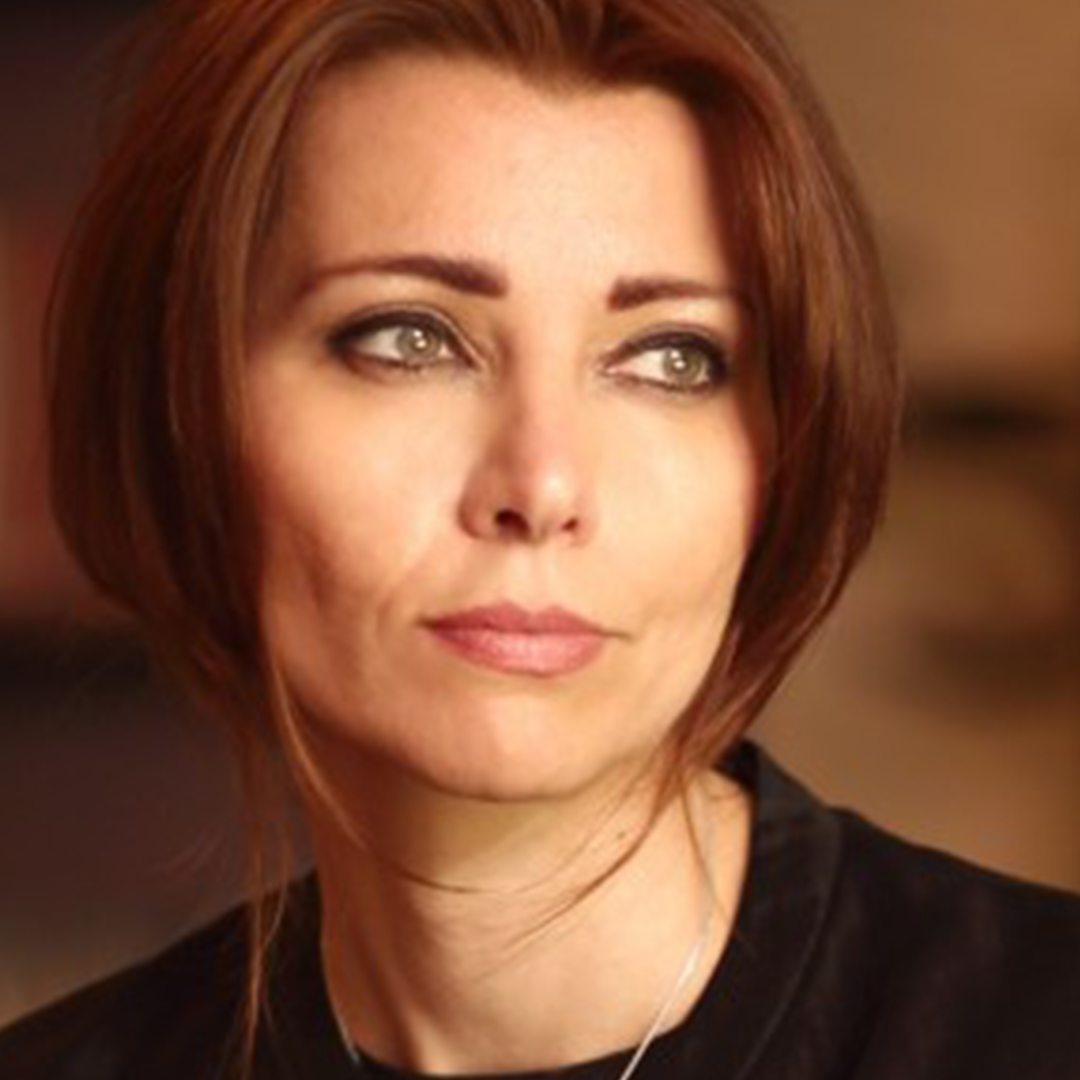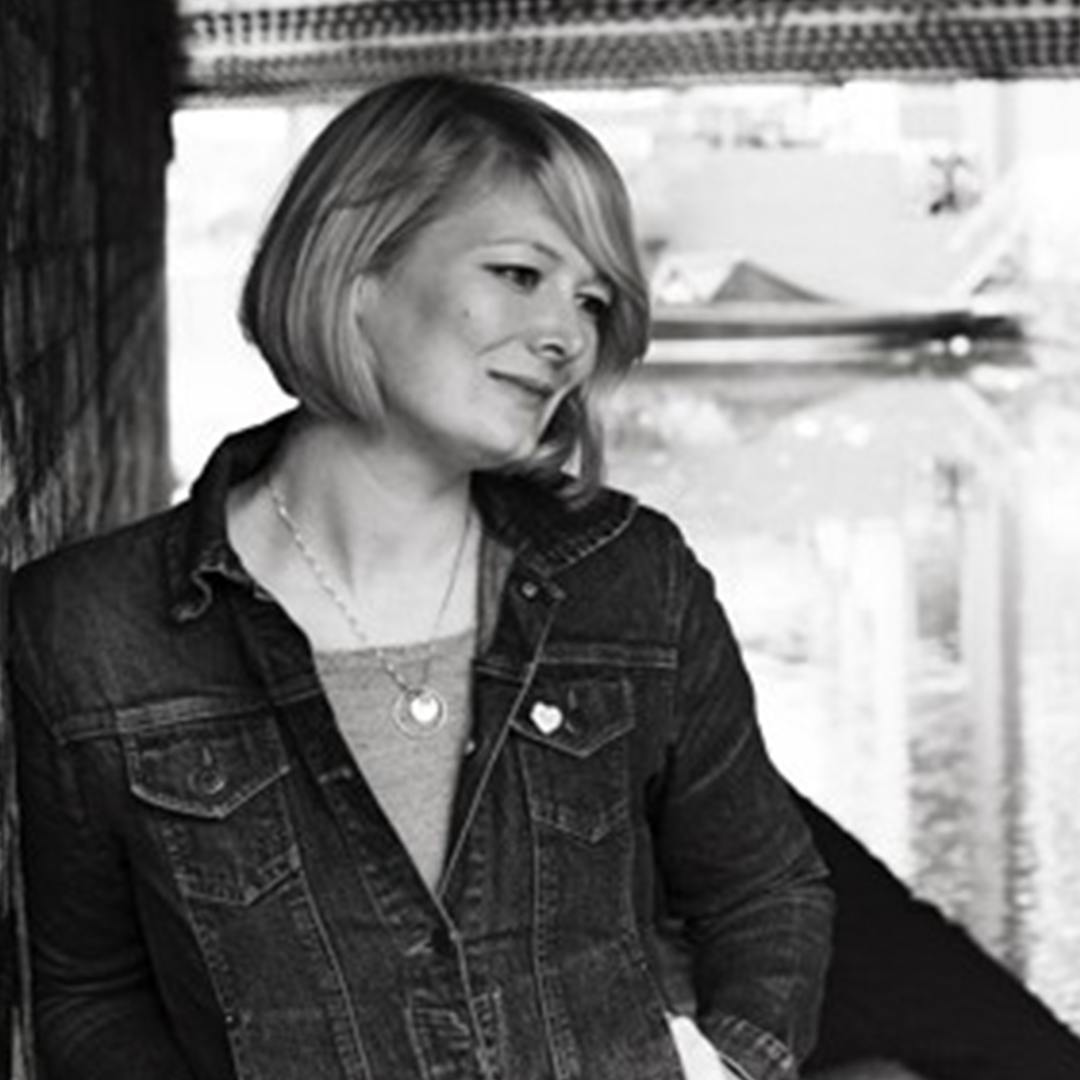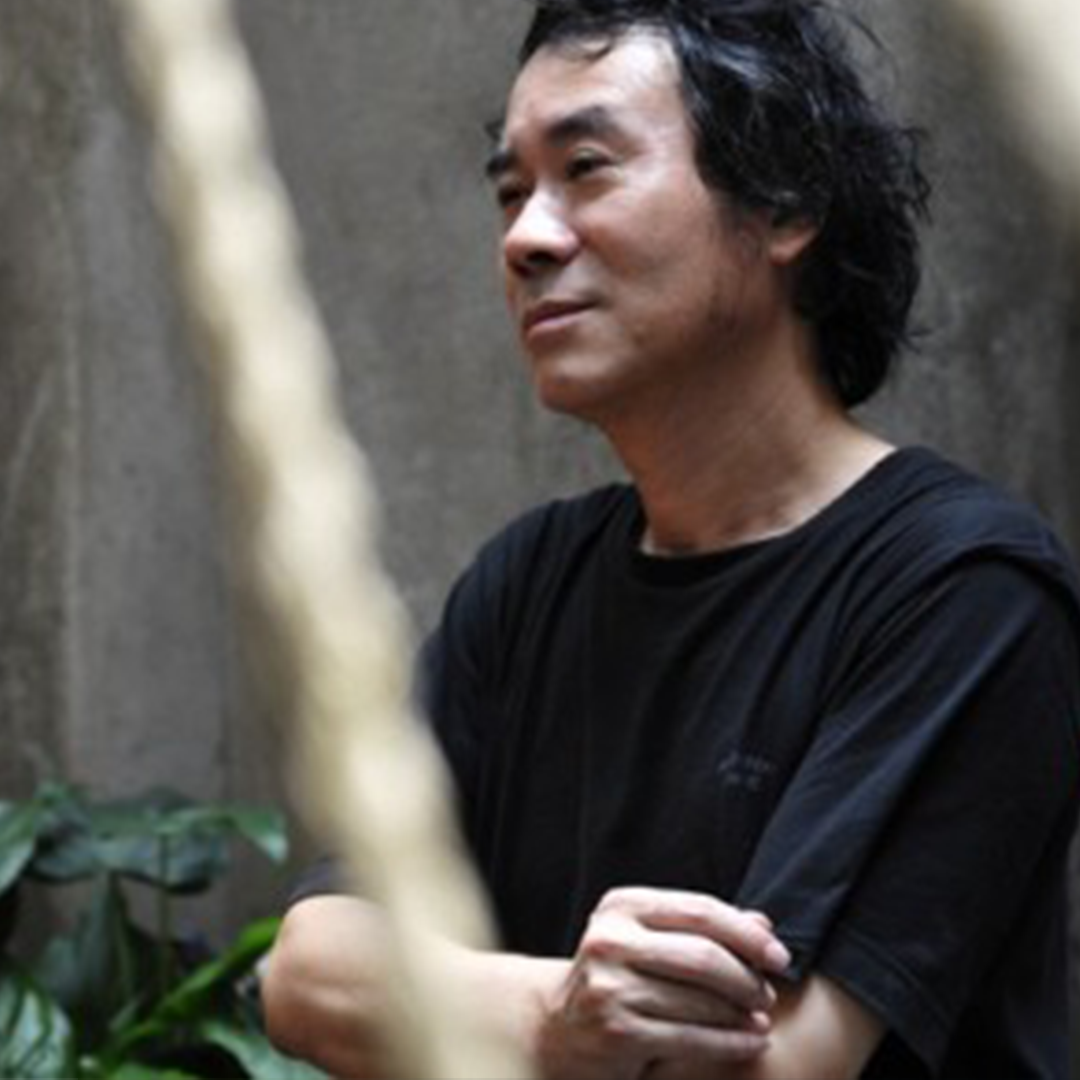Index relies entirely on the support of donors and readers to do its work.
Help us keep amplifying censored voices today.
Dozens of people gather around the tax administration building in Khartoum East, not too far from Sudan’s military HQ. They are not queuing to submit their returns. They are there in order to get access to the internet from the building’s Wi-Fi network that they have somehow managed to hack and get its password.
This scene of young people sitting around buildings in downtown Khartoum and Khartoum University, along with the tea ladies, was a common sight after the government cut off the internet following the coup against the country’s civilian government in which Prime Minister Abdallah Hamdok, his cabinet and most of his advisors were placed under house arrest. They have since been reinstated – as has access to the internet – but it is clear who is really in charge.
These young WiFi-jackers give the password to newly arrived friends to enjoy a service that’s become very precious indeed.
Most of these people are young men and they have been doing this from the second week of the coup, when the Sudanese people woke up to the news of the arrest of the whole civilian government. Accompanying this was a near total blackout of the internet and the telephone network, which allowed only incoming international calls.
Kamal al-Zain, 45, is one of those who comes every day to the tax building from the outskirts of Khartoum.
“I used some cafes, but their internet is getting very expensive and it’s as great as this open one,” he told Index.
Al-Zain works at a private company in Khartoum but his work has stopped since the internet disappeared: “It has a direct impact on my work which depends on transferring money in dealing with customers using the internet.”
Al-Zain is also politically engaged with Sudan’s “resistance committees”. These pro-democracy neighbourhood-based committees emerged during the era of former dictator Omer al-Basher and organised the protests that toppled him in 2019. They have continued organising during the transitional period to Hamdok’s election and the protests against the coup of 25 October.
These committees, like most modern political bodies, normally use the internet to communicate and to announce for the schedules and dates of the protests on their social media sites.
“It’s become more difficult now to call for protests,” said al-Zain. “In the beginning I was afraid that the protests would be weak and that not many people would turn out, but I was wrong. We had to work on a strategy of door to door calling and sending text messages whenever the cellphone network is working.”
Many journalists working with online media outlets in Khartoum have lost their jobs following the internet blackout.
“I know some young journalists are now working as taxi drivers because their work has stopped,” said Haider el-Mukashfi, the general editor of al-Jareeda daily newspaper which stopped printing during the first week of the coup mainly because of the blackout but also because some key bridges get closed whenever there is a call for big protests, affecting its distribution.
The situation for companies has improved a little.
“You needed to let them know that you are a company not an individual to let you enjoy the service. We got our internet back with a new contract under the name of a new company,” said Majid al-Gaouni, the managing editor at the paper.
Shaza el-Shaikh, a journalist working for a Sudanese website, told Index on Censorship: “We are not working at the moment due to the internet cut off. They have decided to give me half of what they used to pay me.”
Others are using different tactic to get web access. I have had to book a room in a hotel in order to use its internet connection. Even that got cut off on 17 November when at least 14 protestors were killed by armed forces at a rally against the coup.
Communications in the country have been under military control since 2019 following the ousting of al-Basher. The military signed a power-sharing deal with the protest leaders in the autumn of that year and put the National Communications Authority (NCA) —the body that provides and regulates the internet—under their authority. It was previously under the remit of the ministry of information and communications.
The economic consequences of the blackout in Sudan are huge; some economic experts estimate that the telecommunications companies have been losing around US$6 million per day of which 40 per cent goes in VAT to the government.
Despite the seemingly huge loss for the government, cutting off the internet is the normal response whenever the government faces protests. It happened after the 3 June massacre in 2019 at a sit-in in protest at the army which resulted in more than a hundred deaths when bodies were dumped in the Nile, dozens were raped and many hundreds injured.
Protests that follow the government lifting subsidies and raising the prices of basics often lead to internet blackouts too.
It is not a new phenomenon.
In 2012 protests inspired by the Arab Spring Revolution began after an increase in bread and fuel prices and led to a blackout. However, the government unblocked some porn sites for days so that could distract youngsters hoping to keep them away from the protests; that didn’t work out. Normally, porn sites are blocked in Sudan due to sharia laws.
Al-Zain, along with many other people who had to travel long distances to just check their emails, are defiant.
“They think that we will stop our resistance by cutting off the internet, but they wrong, we have long experience of defying dictatorships for all those decades and we have created new ways to continue.”
FEATURING

Poet

Writer

Opera singer
FEATURING

Novelist

Novelist

Writer